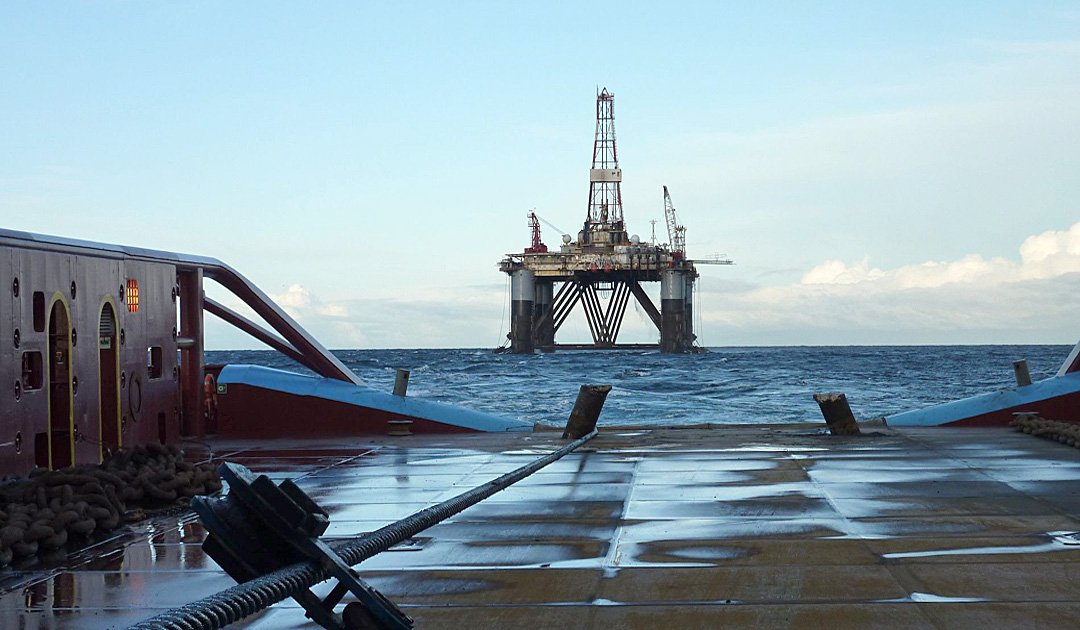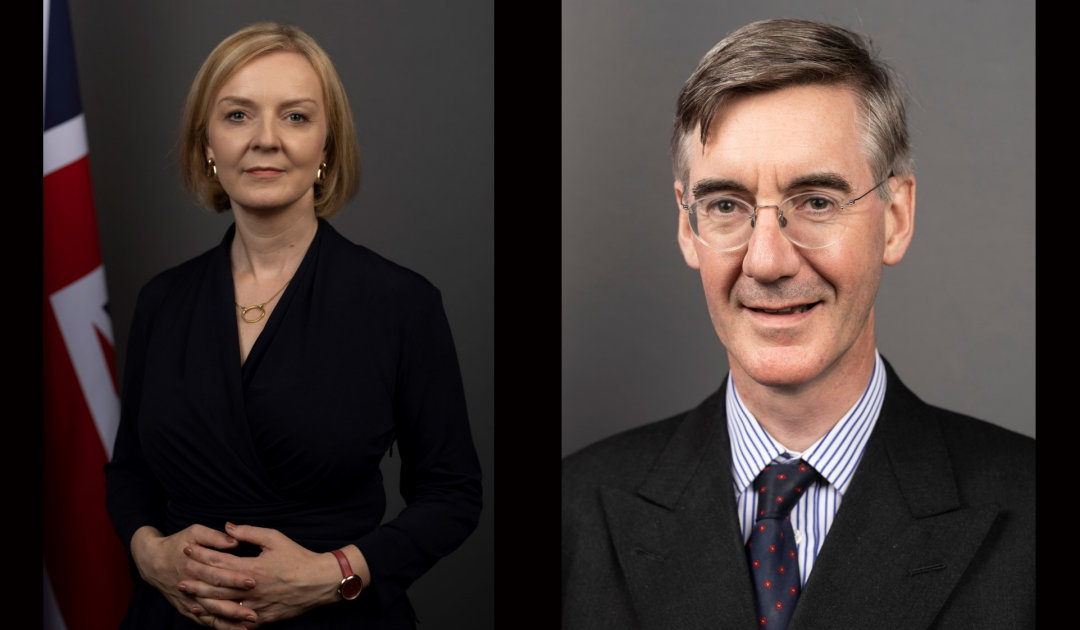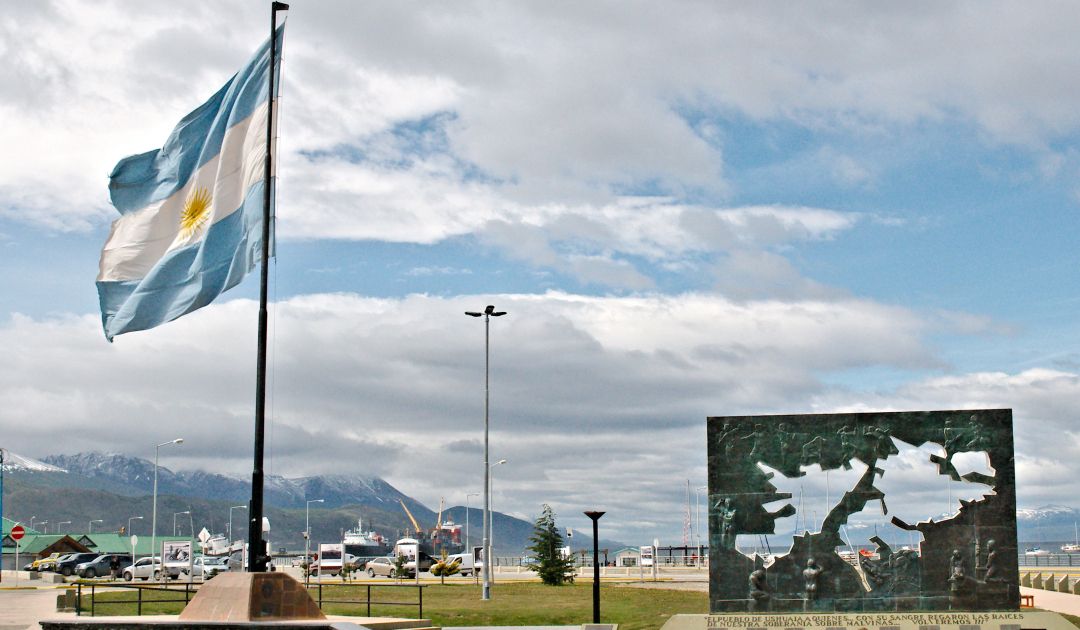
One of the biggest current European problems is the energy supply of countries. The focus here is primarily on fossil fuels. Shortages and problems with natural gas and high prices for oil have led many countries to rethink their energy policies. This includes looking at potential new energy sources and exploration spots. One of these is north of the Falkland Islands, and the company that holds the licenses to produce there can now move forward with development after havin found a new partner.
Israeli company Navitas Petroleum has, with 65 preecent, acquired just under a two-thirds majority stake in the British producer’s Sea Lion Oil Field project, according to media and Rockhopper Exploration. Rockhopper will retain the remaining 35 percent. Navitas took over the share from the British company Harbour Energy after the latter announced last year that it was withdrawing from the project. With the deal, the project of developing the oil field north of the Falkland Islands can be resumed. Rockhopper has already announced its intention to make a final investment decision by the end of 2024 at the latest, after the project costs have been finally calculated and financing has been secured.

Navitas Petroleum’s decision to enter the project ends a nearly year-long period of uncertainty for the project held by Rockhopper Exploration to produce oil in the region. The “Sea Lion Oil Field” project is expected to be among the richest petroleum areas in the world, according to the company. Experts suggest that up to 530 million barrels of crude oil lie in the depths. Rockhopper is convinced that this will allow it to produce about 120,000 barrels per day if production is successful. By comparison, the United Kingdom produces 53 million tons of crude oil per year in its waters. Rockhopper Chairman Keith Lough says: “Amidst continued global uncertainty and material domestic pressures, we continue to believe a responsibly developed Sea Lion oilfield could provide both a meaningful source of financial benefit to the Falkland Islands, and a strategically and financially important resource to the United Kingdom.” The British government, then still under Prime Minister Boris Johnson, also gave its blessing to the deal.

For the UK and its new Prime Minister Liz Truss and her Energy Minister Jacobs Rees-Mogg, the announcement should be music to their ears. This is because the country could import a substantial part of the oil itself and thus become somewhat less dependent on other imports. After all, the UK produces a great deal of oil in its own North Sea areas. But most of it is for export and the country has to import almost all of amount of exported oil from countries like the U.S., Algeria, Canada and Norway. However, it will probably be several years before commercial exploitation takes place. Rockhopper announced in its semi-annual report that it would not be able to present actual project costs and a financing until later in 2023 or even 2024.

On the other hand, the Argentine government under Alberto Fernandez is not likely to be very happy about the development. Because it has been trying for some time to prevent the further development of the funding plans. Argentina considers the Fakland Islands, or Malvinas, as its territory and had intervened with various authorities last year, asking them to discourage potential investors by claiming that oil exploration in the region was illegal. In addition, the government had seized the assets of five companies that had already carried out test drilling there. A reaction from Buenos Aires is not yet available. But the announcement is likely to be (crude) oil on the fire of the long-running discussion about the archipelago.
Dr Michael Wenger, PolarJournal
Featured image: Platform “Eirik Raude” for exploration near Falkland Islands 2015 (C)FI Dept. for Mineral Resources
More on the topic





